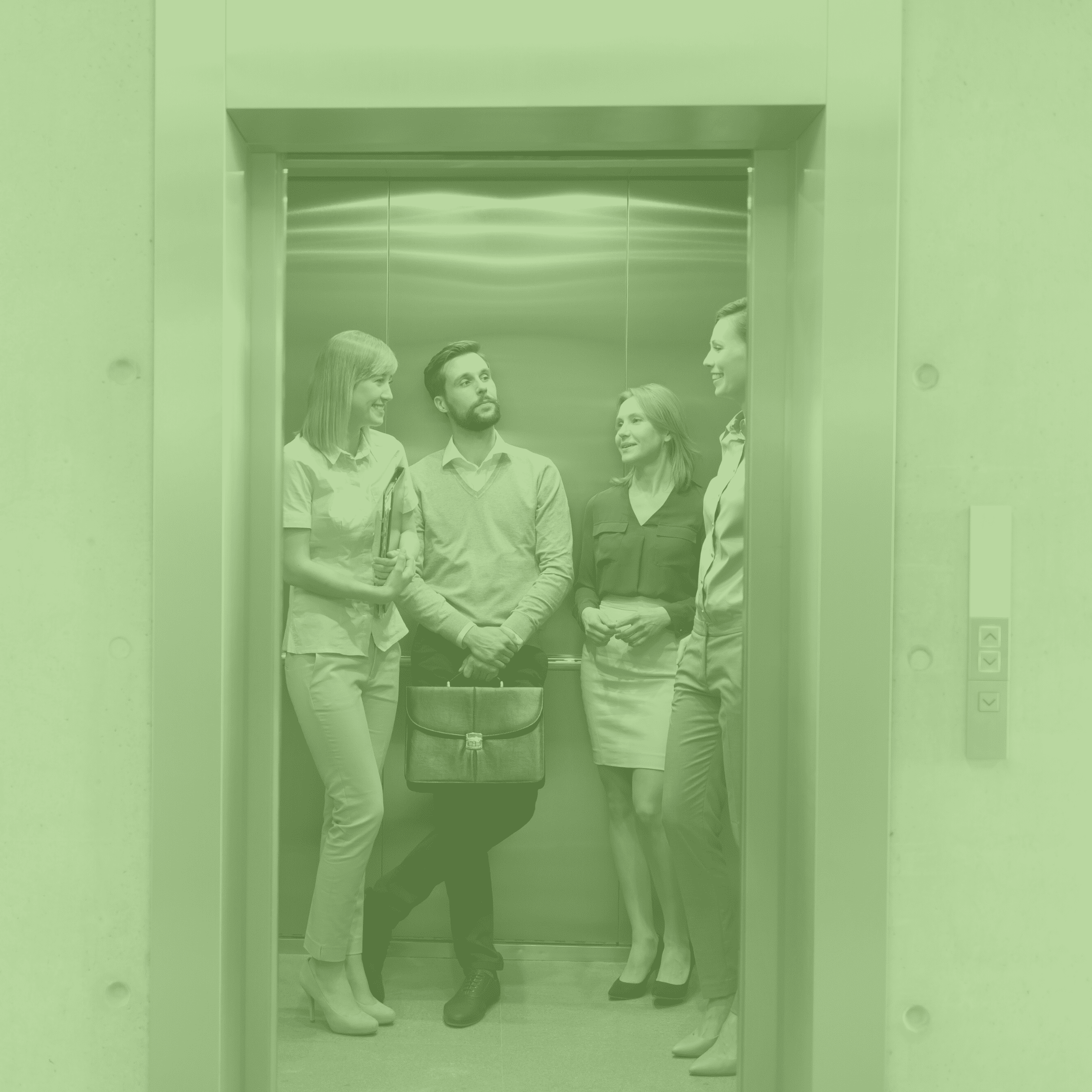Why mindfulness will help you smash your work goals

How often do you find yourself mindlessly working on something? Perhaps you are sitting in a meeting and you catch yourself mentally noting down your groceries to pick up tonight. Maybe you are working on a report, a notification pops up on your computer and you automatically click into it without ever really ‘deciding’ to do so. Or, you suddenly realise you’ve just spent the last 15 minutes scrolling through LinkedIn.
For many of us, mindlessness is a part of our daily life. Harvard psychologists Matthew Killingsworth and Daniel Gilbert found that people spend almost 47% of their waking hours thinking about something other than what they are currently doing. Research also shows that the average knowledge worker checks email or Slack every 6 minutes. Not only are our brains elsewhere, they are also getting pulled into conversations at least 10 times a minute.
The problem is that a mindless day can easily compound into a mindless week, month or year. The habits we allow today are a direct premonition of our future selves. As Aristotle said “We are the sum of our actions, and therefore our habits make all the difference.” And this perpetual mindlessness can limit our ability to achieve our work goals – I don’t remember the last time I smashed a challenging work goal while thinking about what to watch on Netflix tonight.
A technique that we can use to help combat this and move us towards our goals is mindfulness. Mindfulness is defined as the “ability to be fully present, aware of where we are and what we’re doing, and not overly reactive… by what’s going on around us”. It is awareness, without judgement. Mindfulness has been popularised thanks to its effectiveness in supporting psychological health and stress reduction. And the evidence to demonstrate its positive impact at work, in an environment where distractions and stress are rife, is growing.
One study, conducted by researchers at the University of Washington and the University of Arizona put a small sample of HR professionals through an 8-week mindfulness meditation training course. The participants were trained in what is known as Focused Attention meditation. They were trained to focus their attention on their breath and when distracted by an interruption, such as a sound, a thought, or an emotion, they were asked to return their focus to the breath.
This group was then compared to a group that underwent an 8-week body relaxation training course and another group with no training. The researchers wanted to understand how these interventions would impact performance on a multi-tasking exercise conducted in a high-stress work environment.
When comparing performance on the task prior to and after training, researchers found that “only those trained in (mindfulness) meditation stayed on tasks longer and made fewer task switches, as well as reporting less negative emotion after task performance, as compared with the other two groups.” Memory for the tasks that were completed improved for participants in both the mindfulness meditation and relaxation conditions.
What this highlights is that we can train ourselves to be more mindful and in doing so, we can combat the frequent distractions we face at work. By cultivating the ability to focus on fewer tasks for longer periods of time, while producing less negative emotions when faced with a stressful deadline and improving memory, we are putting ourselves in the perfect position to achieve our work goals.
Mindfulness helps us in the here and now to focus and be present in whatever we are about to do – whether that be thinking about a new sales strategy, having a difficult conversation or managing multiple timezones to book in a team meeting. But it also helps our future selves too by ensuring that the small tasks we achieve each day can compound to us smashing our work goals in the long run.
If you are interested in giving mindfulness a crack, I recommend the Smiling Mind app. You can also try mindfulness with your team – for example, starting your next meeting with this 2-minute meeting starter meditation.
And now that you’ve made this far – how many times did you think about something else while reading this article?
Charlotte Rush is an Organisational Psychologist and Head of New Product Development at behavioural science consultancy, Inventium.


